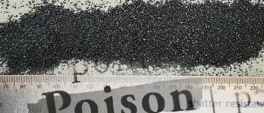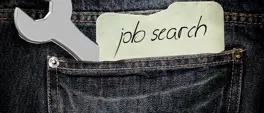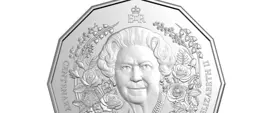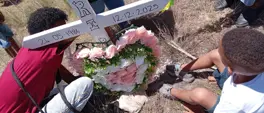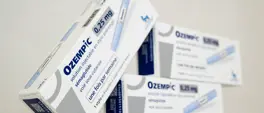Bird flu outbreak: How to protect your family and your pets
Paula Luckhoff
23 August 2025 | 12:06CapeNature in the Western Cape has appealed to the public to report any wild birds they spot displaying symptoms.
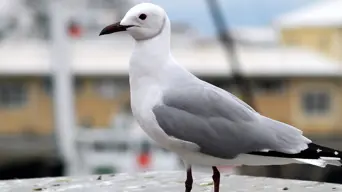
A coastal Hartlaubs Gull in Cape Town. Wikimedia Commons/shi zhao
Cases of high pathogenicity avian influenza (HPAI) or 'bird flu' have been confirmed in Hartlaub’s Gulls and Great White Pelicans around Cape Town.
These are the first detections of HPAI in wild birds in the Western Cape since April 2024, and the first reports of mass mortalities since late 2022, says CapeNature.
RELATED: WC Agri Dept confirms detection of bird flu in province
While the conservation authority says there's no reason to be alarmed, it has urged the public to stay alert and report any cases they come across.
Monitoring and reporting are necessary to track the progress of the disease in the Western Cape, and its effects.
The viral disease of birds can, on rare occasions, infect humans and mammals.
Signs of bird flu infection:
Infected birds may be found dead or show abnormal behaviour as a result of brain damage. They may appear unnaturally tame and lack a normal flight response to humans, and may twitch or shake or have fits or seizures.
Protecting yourself, your family and pets:
- Do not handle sick or dead birds without authorisation.
- Keep pets away from dead or sick birds.
- Keep your dog on a leash when you are visiting the beach.
- As far as possible, separate domestic poultry and pet birds from wild birds and their droppings and prevent contamination of feed and water by wild birds.
- Seek medical advice if you develop flu-like symptoms (fever, cough, sore throat, inflamed eyes) within 10 days of contact with a sick or dead bird, and inform your healthcare provider about possible HPAI exposure.
What to do if you've touched a sick or dead bird:
- Remove any bird droppings (guano) or other bodily fluids using a disposable paper towel.
- Wash your hands with soap and water or use an alcohol-based hand sanitiser.
- Disposable items that were in contact with the bird can be packaged in a plastic bag and sent with the bird for safe disposal when collected.
- Surfaces should be cleaned with soap and water, then disinfected with a diluted household bleach solution (120ml of bleach per litre of water/ 30ml/ 2 Tbsp per cup of water).
- Wash your hands again after cleaning.
- Change your clothes and wash your hair before making any contact with other birds.
- Any clothing exposed to a potentially affected bird should be washed and dried in the sun or in a tumble-dryer.
Click here to find out what to do if you come across an infected bird and how to report it.
Get the whole picture 💡
Take a look at the topic timeline for all related articles.
